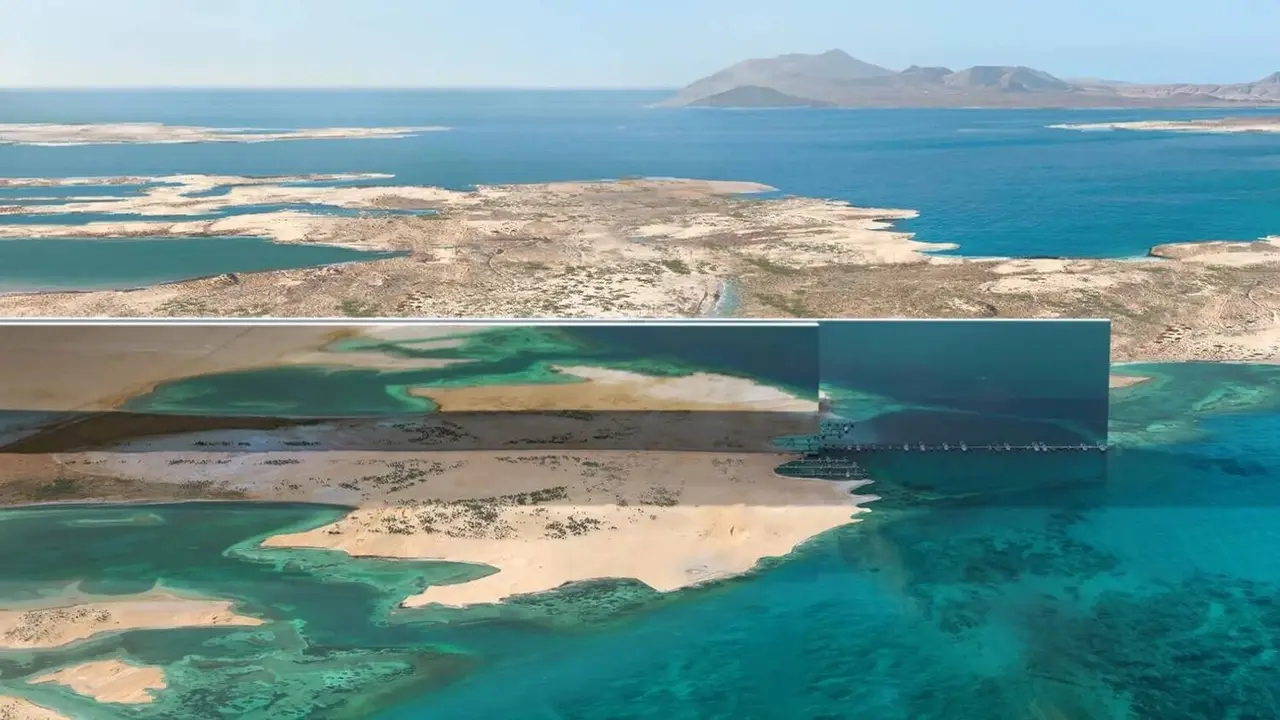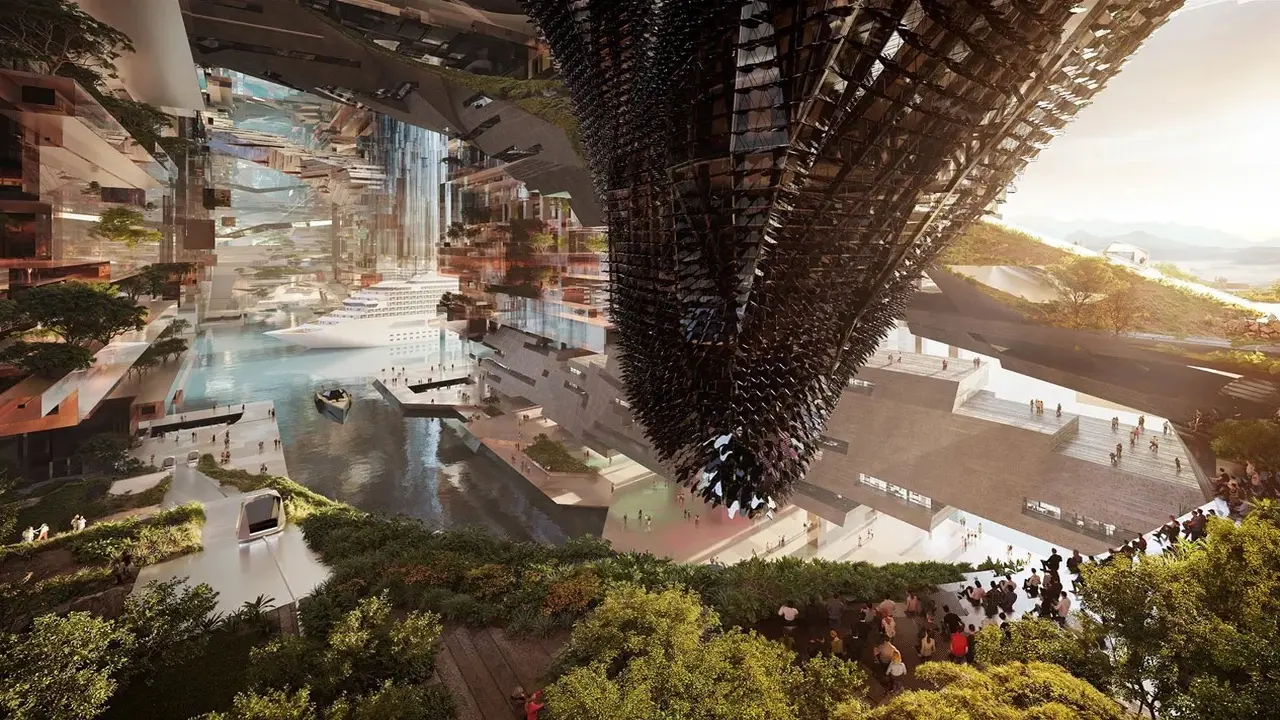The Line, one of the iconic projects in Saudi Arabia’s 2030 vision, has entered a period where expectations and reality collide. Feasibility studies have now resumed for the futuristic city, planned to stretch along a 170-kilometer line along the Red Sea. According to Bloomberg, the country’s public investment fund, PIF, has asked consultants to reassess the project’s viability.
Saudi Arabia’s futuristic project may not meet expectations
The Line was announced by Crown Prince Mohammed bin Salman in 2021 as a car-free, zero-carbon-emission, streetless city. The city, which claims to meet all basic needs within a five-minute walk and provide transportation from one end to the other in 20 minutes, had targeted a population of 1.5 million, 380,000 jobs, and $48 billion in economic contributions by 2030.

Saudi Arabia’s futuristic project may not meet expectations. However, these targets have been significantly scaled back. By 2030, only a 2.4-kilometer section of The Line is projected to be completed, with a population of fewer than 300,000.
To date, over $50 billion has been invested in The Line, developed under the Neom region. However, the projected cost of the entire project is $8.8 trillion. This figure has raised serious questions not only financially but also environmentally and technically.
The structure’s height of 500 meters and length of 170 kilometers creates a massive barrier in the middle of the desert, dividing wildlife. Warnings have been issued that its reflective facade could pose a threat to birds and other wildlife. It is also estimated that approximately 20 percent of global steel production could be used for the project’s construction alone.
Construction activities are said to have negative impacts on the region’s weather systems. Experts warn that if the project proceeds, it could lead to climatic problems such as disruptions in rainfall patterns, increased sandstorms, and strong winds.
The pressure on The Line is not limited to environmental and economic aspects. The Neom project has been plagued by administrative crises in recent months. Nadhmi al-Nasr, the project’s leader, was dismissed at the end of 2024.
Nasr had drawn criticism for statements he made about his working conditions. He was replaced in November 2024 by Aiman al-Mudaifer, who was responsible for PIF’s real estate investments. Two other senior foreign executives left the project during the same period.













